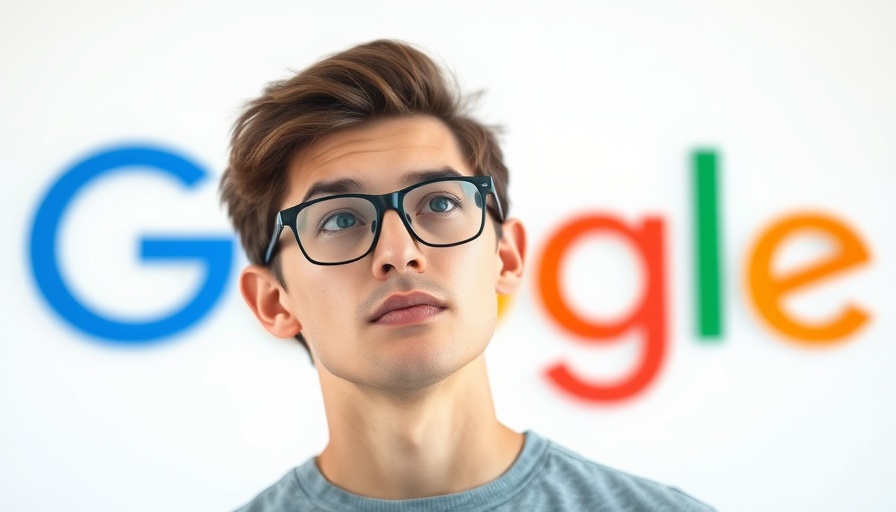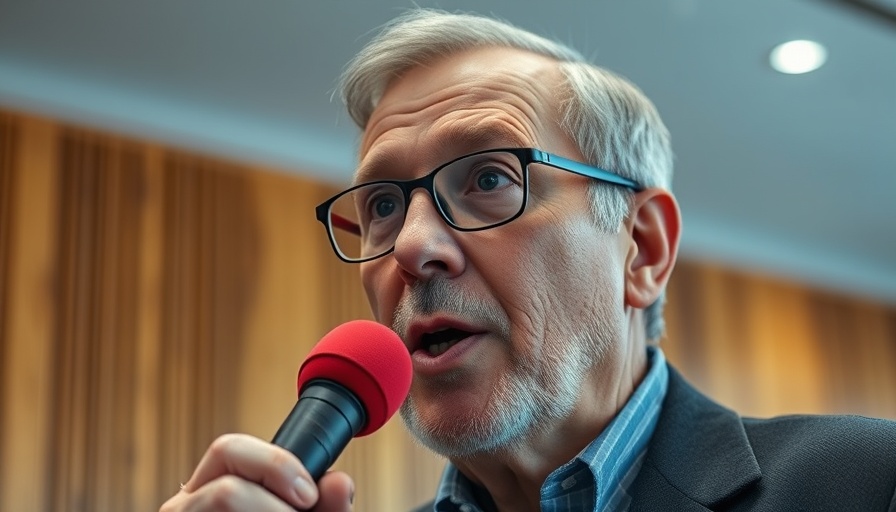
The Future of Search: What Is Google’s Direction?
Amid the waves of technological change, Google's CEO, Sundar Pichai, addressed pressing concerns regarding the company’s commitment to the internet's human-created content during a recent interview on the Lex Fridman podcast. With the rise of AI technology influencing search capabilities, many are questioning whether Google will continue to prioritize directing users to human-generated web pages rather than synthesized AI responses.
Pichai’s Assurance on Human-Created Content
When questioned about this aspect, Pichai declared, “Yes, that’s going to be a core design principle for us.” This statement came as a relief to many in the digital marketing and journalism fields, whose livelihoods depend on creating content that resonates with audiences online. He emphasized that Google’s mission includes supporting the web ecosystem and that delivering users to quality referrals can help satisfy their queries effectively.
AI: The Next Chapter of Search
Pichai went on to describe AI in search as an “inevitability,” suggesting that this technology is not just a fleeting trend, but rather a transformative force in how information is accessed and consumed. He noted that while past changes in search algorithms, like the 2004 Florida update, were impactful, the introduction of AI capabilities signifies an entirely new era for search technology.
The Role of Journalism and Content Creators
Despite the disruptions brought by AI, Pichai reaffirmed the importance of traditional journalism, stating, “I think news and journalism will play an important role.” This acknowledgement points to his understanding that for users, reliable information is paramount. He seemed to suggest that Google could differentiate itself from competitors by fostering a healthier environment for content creators.
Understanding User Intent in the Age of AI
As search algorithms become increasingly sophisticated, Google aims to meet evolving user expectations. Pichai highlighted that metrics indicate positive engagement from users utilizing AI-driven search features. Users not only receive answers but also find themselves bridging the gap between inquiry and exploration. This illustrates how AI can enhance user experience rather than detract from it, affirming Pichai’s vision that human-generated results remain integral.
Shifting Search Dynamics and User Experience
The conversation also touched upon Google’s long-standing aesthetic of “ten blue links.” Pichai noted that such traditional layouts haven’t defined Google’s approach for over a decade, indicating a gradual evolution in the presentation of information. The goal, it seems, is to cater more to user context—what information they seek, how they prefer to access it, and what format will engage them most.
The Community's Responsibility
As we explore these changes, it is essential for content creators, marketers, and journalists alike to recognize their role within this ecosystem. The emergence of AI presents challenges but also opens opportunities for innovative storytelling and content delivery. Engaging deeply with the audience should remain a focal point.
Ultimately, Pichai's insights reveal a future where AI and human creativity can coexist, with a commitment to honoring the foundational elements of the web that have shaped our digital landscape.
 Add Row
Add Row  Add
Add 




Write A Comment